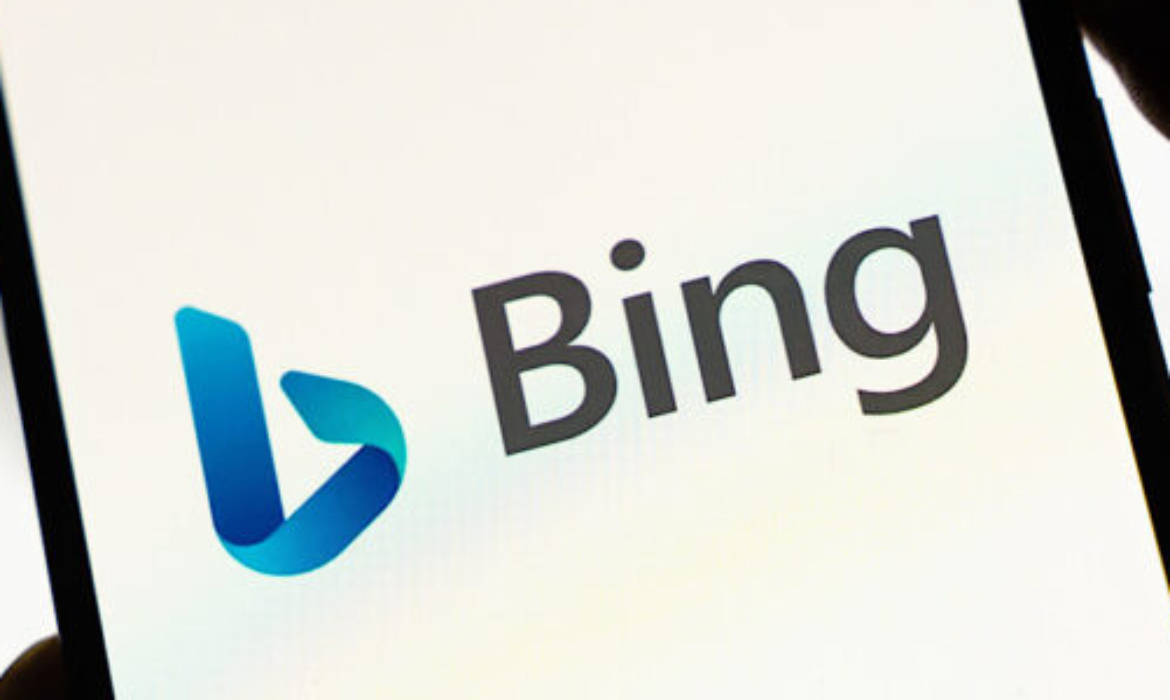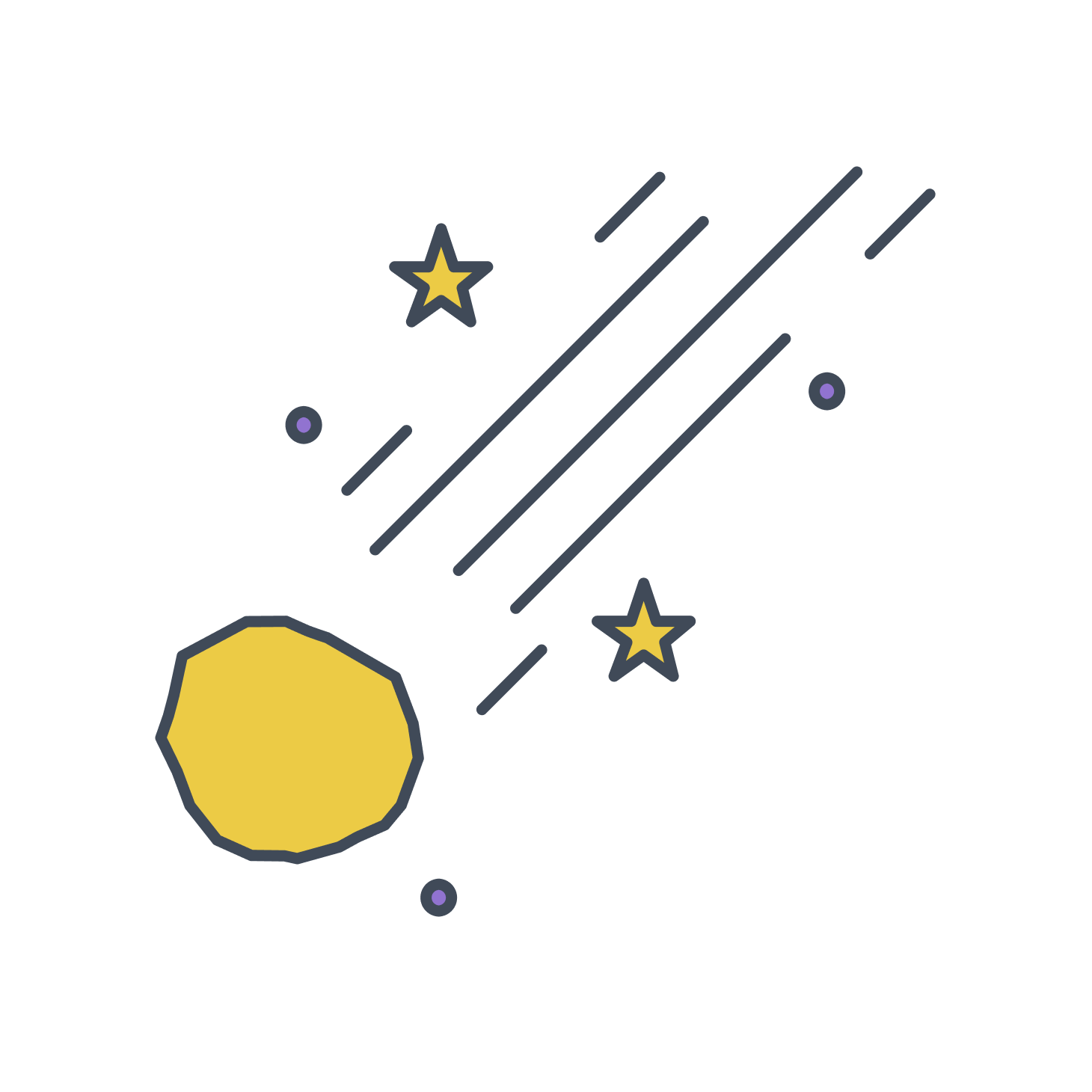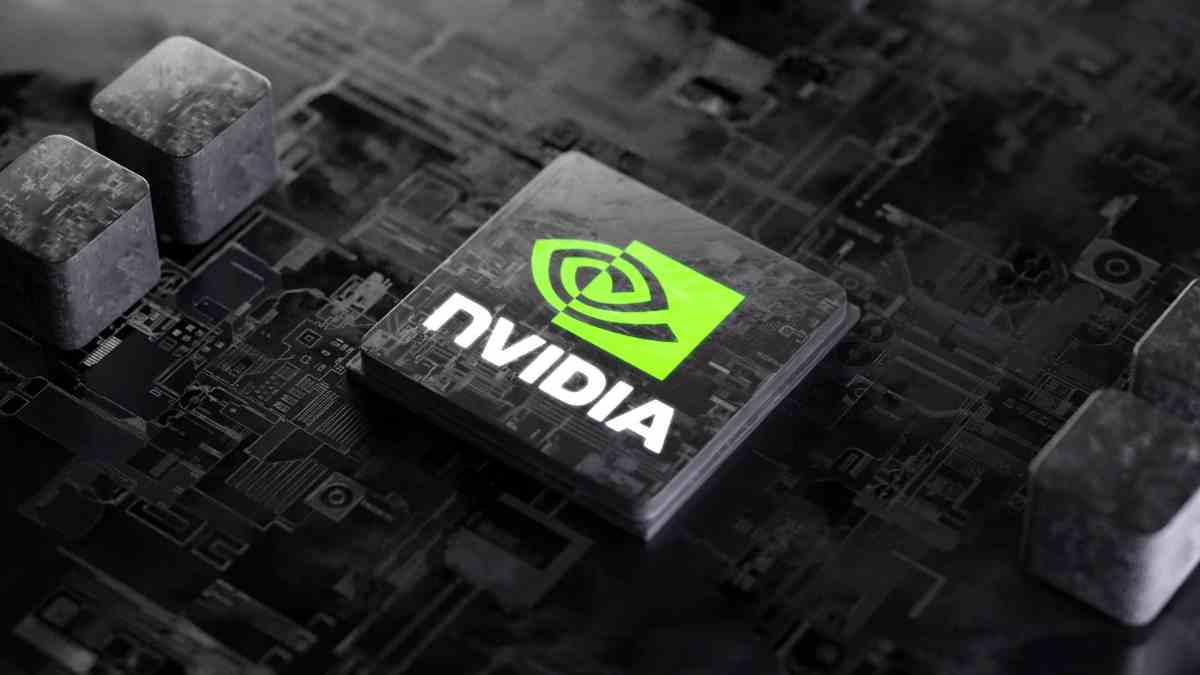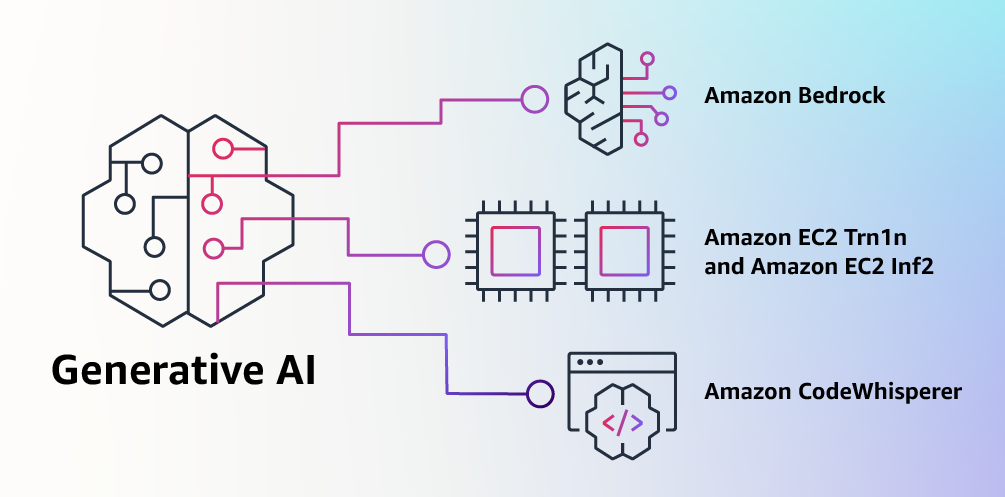Microsoft Gives Websites More Control Over Content In Bing Chat
In the ever-evolving world of search engines, Microsoft is constantly making improvements to its Bing search engine. One recent update that has garnered attention is Microsoft’s efforts to give websites more control over their content in Bing Chat. This new feature allows publishers to have greater control over how their content is used in Bing’s AI-powered chatbot. In this article, we will explore the details of this update and how it can benefit publishers.
Addressing Publisher Concerns
With the introduction of Bing Chat, publishers raised concerns about their content being used without permission. Microsoft took these concerns seriously and engaged in discussions with web admins and publishers to understand their needs. The result of these discussions is a set of new options that provide publishers with enhanced control over their content usage in Bing Chat.
Fabrice Canel, Principal Program Manager at Microsoft, acknowledged the concerns raised by publishers and stated, “We are pleased to share that we have built on standard controls that webmasters use today to control indexing and snippet length on Bing.”
Enhanced Control for Publishers
To address publisher concerns, Microsoft has introduced new meta tags that can be used to restrict content usage in Bing Chat. These meta tags provide publishers with several options to control how their content is used, ensuring that they have greater control over their intellectual property.
The following options are available for publishers to control their content usage in Bing Chat:
- Taking no action: This option allows content to be included in Bing Chat answers and used to train Microsoft’s AI models.
- Adding a NOCACHE tag: By adding this tag, only titles, snippets, and URLs will appear in Bing Chat or be used to train AI models. This option provides publishers with more control over the specific content that is displayed in Bing Chat.
- Adding a NOARCHIVE tag: If publishers want to completely prevent their content from being used in Bing Chat or AI training, they can add a NOARCHIVE tag. This ensures that their content remains exclusive to their website.
It’s important to note that even if content is blocked from Bing Chat, it will still appear in regular search results. This ensures that publishers can maintain their visibility in search while having control over the usage of their content in Bing Chat.
Looking Ahead
Microsoft recognizes the importance of ongoing collaboration with publishers and the web ecosystem. As AI continues to evolve, Microsoft is committed to working with the industry to establish future AI standards that benefit publishers and web admins. Microsoft aims to maintain open communication and provide publishers with ample time to adapt and migrate to new AI standards.
Conclusion
Microsoft’s recent update to give websites more control over their content in Bing Chat is a positive step towards addressing publisher concerns. By introducing new meta tags, Microsoft enables publishers to have enhanced control over the usage of their content in Bing’s AI-powered chatbot. This update not only ensures that publishers have greater control over their intellectual property but also maintains their visibility in search results. As Microsoft continues to work with the industry on future AI standards, publishers can expect ongoing support and collaboration.




